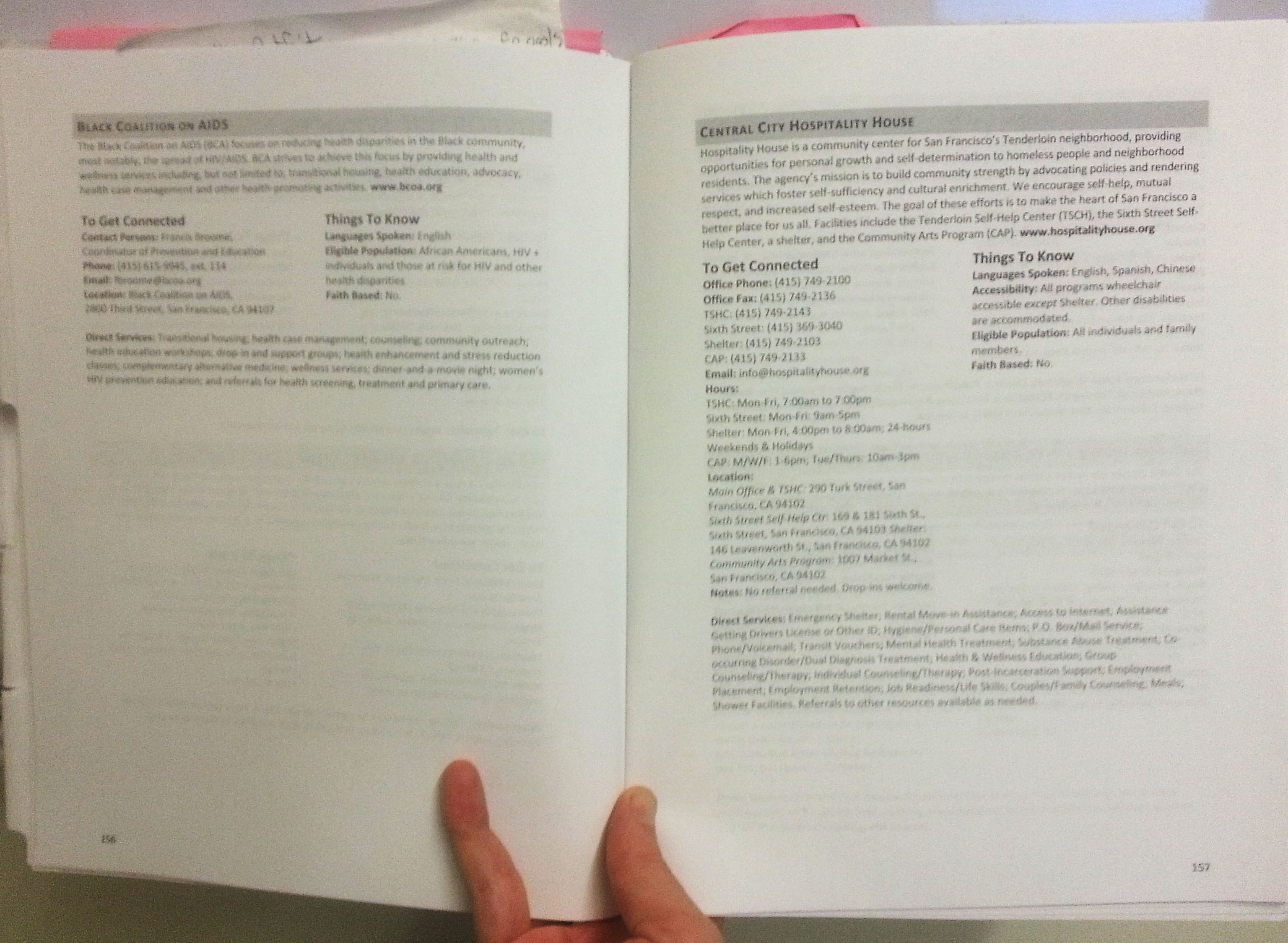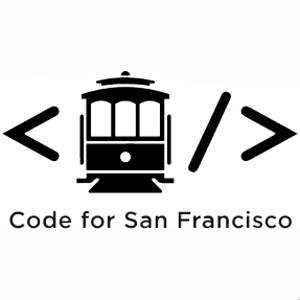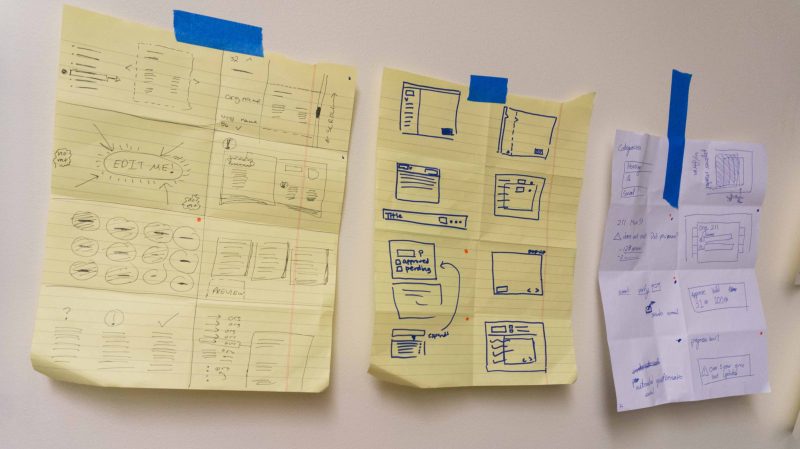Every other year, the Reentry Council of San Francisco publishes Getting Out and Staying Out, a resource guide for people returning from prison and looking for help to get back on their feet. The Guide is more than 300 pages long, containing rich information about hundreds of health, human, and social services that are available to homecoming residents.

The Guide is distributed through the Reentry Council’s institutional network of courts, prisons, family support services, and beyond. It’s also available on their website as a PDF.
The Reentry Council estimates that it invests at least one month of staff time each year into the Guide’s production (through a combination of surveys, web research, and phone calls). Since 2007, they’ve managed the Guide’s content entirely within Microsoft Word.
Adding Value through Open Referral
The Open Referral Initiative was introduced to the Reentry Council last year. They were interested in making it easier to collect and manage this information, and they were also interested in making the resulting data more useful for their network and user communities.
The opportunity was clear.
By evolving beyond ad hoc word processing, and into a system of interoperable data production, the Council can clearly realize many benefits:
Immediate benefits:
- they can more readily publish this resource directory information on easy-to-navigate web pages (as opposed to just a downloadable PDF)
- also, they can simultaneously experiment with delivering this information via text messaging apps and case management systems among their network of service providers.
Long term benefits:
- the Council can anticipate easier access to resource directory data produced by other government agencies, 2-1-1s, and other referral providers
- and they can to improve those institutions’ own ability to make effective referrals specially tailored to the needs of returning citizens.
Of course, the Council should still retain the ability to print a curated resource manual that can be handed directly to people in prison, as well as those coming out with low levels of digital literacy and internet access.
Partnership with Code for San Francisco Brigade
 Over the course of the last nine months, a volunteer team from the Code for San Francisco Brigade has worked with Reentry Council representatives to profile user needs and behaviors. Along the way, they have identified a series of specific actions that can be valuable in and of themselves to the Reentry Council while helping us all get a clearer sense of what these systems might look like in the future.
Over the course of the last nine months, a volunteer team from the Code for San Francisco Brigade has worked with Reentry Council representatives to profile user needs and behaviors. Along the way, they have identified a series of specific actions that can be valuable in and of themselves to the Reentry Council while helping us all get a clearer sense of what these systems might look like in the future.

Specifically, that has entailed:
- converting the critical components of the Guide into a tailored version of the Open Referral format
- loading it into a custom-made application that is lightly modeled after the Ohana API
- designing a data maintenance interface that enables records to be marked as ‘pending’ or ‘approved.’

Before demonstrating our work to the Reentry Council last week, the team’s final task was to prototype a feature that can export this resource data back into raw text (Markdown, docx and json, with PDF on track for future iterations) so that the data can be reformatted into a printable directory.

So far, the Reentry Council has described this project as “amazing.” They’re looking forward to the opportunity to explore new ways of delivering this information digitally, both on their own website and through collaborations with other referral providers such as 2-1-1.
Looking ahead
The key to our success so far has been this partnership with a local institution in which actual stakeholders are grappling with a specific problem. By employing a user-centered design approach, providing value to our client naturally becomes the focus of all development activities. In our case, the client is not solely defined as the Reentry Council (project stakeholders), but help-seekers (end users) as well.
Even more exciting, SF Open Referral looks forward to sharing this work with the DC Open211 project, which is partnering with DC’s Public Defender Service (PDS). PDS produces the longest running Reentry resource guide in the country, which is also hundreds of pages long and maintained in Microsoft Word. We believe that these developments — in San Francisco, DC, and all across the country — can enable a great many people passing through the criminal justice system (and their families) to more easily find and use information about the resources that can help them along the way.
We know that this is a systemic challenge that extends far beyond the scope of the Reentry Council. As we’re planning for the future, the Code for San Francisco Open Referral team is seeking dedicated development resources to ensure that we can meet the needs not just of the SF Reentry Council but other community anchor institutions and government agencies throughout San Francisco, the Bay Area, and beyond.
To ask questions or get involved, please contact [email protected]


Leave a Reply